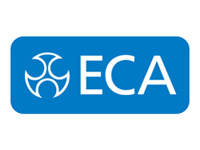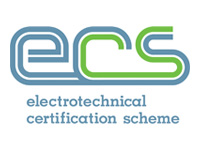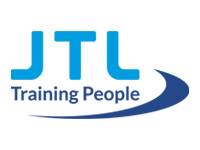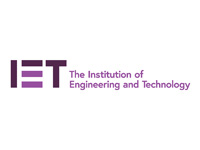Background
The JIB Skills Development Fund helps electrical operatives to& upskill by providing financial assistance for courses for further education and training in the electrical industry. This has always focused on courses over and above the usual requirements of the JIB grading scheme.
Recent years have seen increasing applications for Degree level courses. The JIB Skills Development Fund can help highlight opportunities beyond the grading scheme by supporting ambitious and studious individuals committed to higher level courses in a discipline relevant to the industry.
To this end, the JIB Skills Development Fund has launched its own Scholarship aimed at people undertaking a course at Masters Level as a minimum.
Type of Course Funded
The aim of this Scholarship is to promote higher level studies to a committed person in the industry and help them unlock their potential. This could include an MA, MSc or LLM course. The topics as part of the proposals could relate to electrical engineering, industrial relations, employment or other areas connected to the industry.
Following completion of a Masters Level course, there may be opportunities through the Fund to progress to a PhD.
Eligibility
To be eligible a candidate must be employed by a JIB member company or registered as unemployed.
A candidate must be graded as an Approved Electrician as a minimum. This is to ensure the individual has had sufficient experience in the industry.
The Grant
The JIB Scholarship Grant will total £3,000.
This will be provided to the successful candidate in two instalments. One payment will be following registration onto the appropriate course. The other payment will be on completion of the first year and entry into the second year (or on completion of the course, depending on duration).
How to apply
Applications must be made by written submission to JIB. This can be done in hard copy and posted to:
Mr Andy Reakes, Secretary to the Skills Development Fund, JIB, PO Box 127, Swanley, Kent BR8 9BH, or sent by email
An application should be completed on the standard JIB Skills Development Fund form with details of why this course should be funded and how this course is relevant to the industry. The candidate will need to provide detail about the areas of investigation, potential projects or practice outcomes for this course.
How to Apply
Funding is either provided directly to the college or training centre, or is reimbursed to the operative on production of receipts for the course.
An application form can be downloaded here and should be returned to the JIB at:
JIB Skills Development Fund
PO Box 127
Swanley
Kent
BR8 9BH
ir@jib.org.uk
The JIB Skills Development Fund is the working name of the Joint Industry Board for the Electrical Contracting Industry Further Education Fund (Registered Charity Number 313242). In applying to the fund there may be the requirement to contact course or training providers and those who submit an application agree that personal information may be shared with these providers for the purposes of applying a potential funding grant.
Testimonial
Dr Stephen Bater recently discussed his experience with the electrical, engineering and energy industry in which he has held a number of technical and senior management roles.
Stephen began as a time served apprentice through the JIB Apprenticeship Scheme and achieved his Gold Card. He then completed a Higher National Diploma (HND) before completing a BEng (Hons) in Environmental Engineering. Stephen completed an MSc in Health Safety and Environmental Management before finally completing a Doctorate in Business Administration and Organisational Leadership.
Stephen is now a university lecturer, consultant and educator whose services have been in demand from organisations around the globe.
Stephen stated that undertaking his Doctorate was an “excellent opportunity to bring together a practical electrical and engineering background with the rigours of academic research culminating in the award of a Doctorate. If I can do it, then anyone with tenacity, desire and motivation can complete these types of qualifications and reach their potential”.
Stephen’s journey shows that achieving skilled status is not the end of an electrician’s journey, but the beginning.







